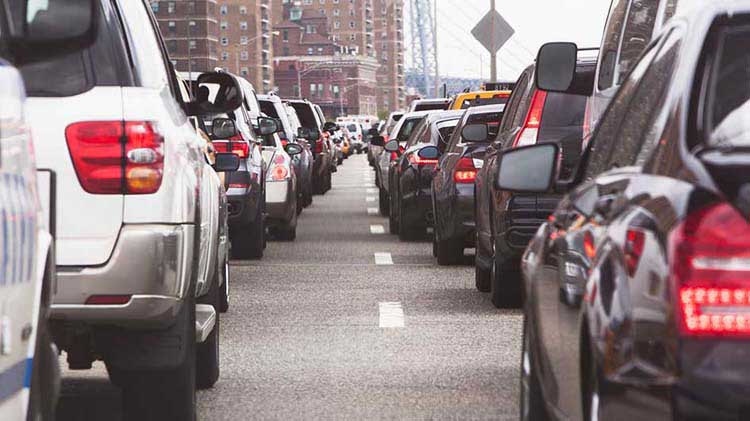Net zero will mean breaking bad habits, but can we get there in time?

Three-fifths of the measures required to get to “net zero” emissions will require at least some degree of behavioural and social change, according to the UK government’s climate advisers, the Committee on Climate Change. But this only factors in changes in consumer behaviour, such as switching from petrol to electric cars, or gas boilers to heat pumps. This is a very narrow definition of behavioural and social change. People are not only consumers – they are citizens, parents, members of communities, employees, employers and political actors
As an environmental psychologist, I have long been interested in how changes to our everyday behaviour can help fight climate change. These changes aren’t limited to people buying electric cars and eating less red meat, though such consumer behaviour is important. Other changes will include more people accepting large-scale low-carbon infrastructure, or deciding to take political action (voting, protesting, boycotting) or community and voluntary action. And it will also mean more people creating and disseminating narratives that normalise and promote low-carbon lifestyles, and calling out inaction from businesses, governments, friends and family.
Using this broader definition of “behaviour change” implies that closer to 100% of what is required to get to net zero will require at least some degree of behavioural change, because it involves decision-making by people as agents of change.
A matter of when
Researchers are increasingly recognising the importance not only of how to intervene to achieve social and lifestyle change, but also when. Much of our behaviour is habitual – unconscious routines triggered by contextual cues (“it’s 8am, time to drive to work”) rather than conscious deliberation of alternatives (“which mode of transport would be best today?”). Habits are among the strongest impediments to lifestyle change, acting to “lock in” behaviour. Similarly, organisational and policy change can be stymied by routines and preference for the status quo.
But since habits and routines are cued by stable contexts like work starting in the same place and at the same time every day, a change in context disrupts habits. Consistent with this, sudden “moments of change” have been identified as one of the most important levers for lifestyle change. Research shows that disruptions – either personal (such as moving home) or societal (economic downturn, extreme weather) – can provide opportunities to reshape social practices, for example shifting from commuting by car to home-working.
Furthermore, interventions targeted to these moments of change are more effective than at other times. For example, measures to cut car use and save energy are more effective when timed to just after relocation. Other opportunities to intervene include milestones such as a new year or turning 18, having a child, retiring or COVID-19.
The pandemic has demonstrated just how large-scale and rapid behaviour change can be. A shift into what we might call “lockdown living” has inadvertently reduced carbon emissions. As we come out of lockdown, how can we learn from this change?
Moments of COVID change
COVID-19 has led to maybe the most significant disruption to lifestyles since the second world war. Citizens are working, consuming and interacting in new ways – some of which may be more desirable both personally and environmentally. COVID restrictions have led to less commuting, flying, consumption and food waste, and more climate-friendly hobbies such as gardening and reading. Many people intend to retain these imposed lifestyle changes once restrictions are lifted because they afford wider benefits, such as saving money and improving health and wellbeing.
Importantly, of course, intentions do not always lead to behaviour change. Since new habits take two to three months to form, lockdown periods in most countries have been long enough to establish new routines. However, when restrictions are lifted, there is a risk of recidivism into pre-existing habits, particularly if economic stimulus measures promote unfettered, high-carbon consumption.
So while COVID-19 may represent a unique window of opportunity, a switch to low-carbon lifestyles is only likely to occur with appropriate infrastructure and incentives to promote and lock in new routines. Fortunately, there is strong public support for a green recovery and policies, including shifting to low-carbon transport or reducing consumption of red meat. This provides a mandate for bold climate change measures to establish and lock in low-carbon habits.
As COVID restrictions ease in the UK and elsewhere, and people once again change their behaviour, we must think about how to “build back better”. Achieving net-zero will be central to that mission, and whether it is accomplished will depend, in large part, on behaviour change.![]()
This article was originally posted on Net zero will mean breaking bad habits, but can we get there in time?







